Step 8: Advocate the System of Safety to the Stakeholders
Protect your organization and get buy in from stakeholders
PCMA doesn’t just help prevent crisis in your clients and students, but we also can help prevent an administrative crisis in your organization. (PCMA can help protect your organization against legal threats by informing/educating stakeholders and with our expert witnessing services. We can even take a look at your policies/procedures and provide valuable feedback).
Common challenges in dealing with Stakeholders
Common goals and desires regarding dealing with Stakeholders
Often times parents or advocates will ask questions that, although we can answer them, they still don’t believe us and want to speak to an outside authority. When we try to do what we know is right and explain it we still get strongly criticized.
We see other organizations getting sued and are quite concerned about litigation related to restraint. It almost seems like when we accept an individual with extreme behavioral needs, we are automatically exposing ourselves to increased risk of litigation. It’s difficult enough working with those with severe behavior problems, we don’t need the constant worry about litigation.
In the event that we are sued we are concerned that the training organization will offer little or no support either directly or as a resource for us to find an appropriate expert somewhere else.
We have many policies regarding the use of restraint at our organization. It’s hard for us to comb through them all to look for potential legal problems with the wording. In the past we have had huge problems over the use of a single word in our policies.
Our organization requires us to collect all sorts of restraint-related data. We are concerned that once we start collecting it that it may be used against us by stakeholders. We have heard of several organizations being judged critically based on the number of restraints they showed and we don’t want to become one of those organizations.
I want to know that an authority will be willing to speak to any and all of our stakeholders. I don’t just want them to occasionally communicate directly with them, but I need them to provide satisfactory answers to all of the stakeholder’s questions.
I don’t want to wait for someone else to find a problem with restraint use at my organization, I would like to have a systematic way of evaluating any vulnerabilities and correcting them BEFORE we have litigation.
In the event of litigation I want to have access to an expert witness, and not just someone who works in the field, but someone who also knows the details of our crisis management system as well the needs of our organization.
We would like an outside organization that understands the importance of internal policies and how they must align with state and local policies and can help us reconcile any mismatch between our the needs of our clients/students and the needs of local, state and federal agencies.
We need someone to show us which data are the most important to collect, but we also need to be made fully aware the responsibilities that come with good data collection. We want someone to help us use to our data to show the great work we are doing while minimizing the chances that someone will try to take our good faith effort and use it against us.

PCMA Stakeholder Buy-In Equation
The PCMA Stakeholder Buy-In Equation
Is part of Safe Organization Prescription to identify the strategies our members should have in place to get the desired 'Stakeholder Buy-In'.
Having PCMA communicate with your stakeholders is like having an effective PR department on your side with facts and figures.
It is the second phase of the Signature System's 'Support Stage', and thus step eight in the overall path to create a safe and effective organization.

“Advocate” , the eight step in the PCM system, is the second step in the Support Stage of the PCM. It makes sure that the stakeholders are satisfied with the PCM system that has been put in place
The components of the PCMA Stakeholder Buy-in Equation explained
- Ph.D., Level Authority Speaker:
It can be challenging communicating the need to stakeholders for some form of humane crisis management system at your organization, and that’s why we can provide an authority in the field not only to explain the need but to also answer questions and dispel myths. - Risk Analysis:
Instead of doing what most organizations do, and wait for litigation to occur, you’ll have access to the PCMA risk analysis tool that will help your organization identify problem areas that if not addressed could lead to costly, frustrating litigation. - Expert Witness:
PCMA can provide expert witness services in the event of litigation. PCMA staff will work with your attorney to ensure they know which questions to ask during a deposition and to educate your organization’s attorney on the most relevant issues.
- Expert Witness:
PCMA can provide expert witness services in the event of litigation. PCMA staff will work with your attorney to ensure they know which questions to ask during a deposition and to educate your organization’s attorney on the most relevant issues.
Standard legal issues are supported directly by PCMA. Cases that have complex issues, extreme depth, expert/PHD witnessing or potential class action, in short cases that require an additional level of expertise, we will refer to our trusted partner and corporate alumnus dr. Merrill Winston.
Merrill@winstonbehavioralsolutions.com

- Independent Expert Policy Review:
PCMA staff will show you how to best prepare your organization for scrutiny by an outside entity. Our staff can review and make policy recommendations that will reduce the chances of successful litigation. - Data Misuse Prevention Guide:
It will also show how data can be misinterpreted by others to judge either your organization as a whole or to judge staff who work for those organizations. This guide will then show your organization how to collect data that will support your use of restraint. As an example, showing averaged restraint data will not show improvement for individuals. Even when good clinical progress is made for several clients/students, a single, challenging new admission can “ruin your numbers.” - Stakeholder Buy-in:
A member of the PCMA staff will be more than happy to speak to your stakeholders directly via telephone or to address larger groups using telepresence (zoom, gotowebinar, etc.). PCMA will present information on the system and answer all questions from stakeholders. If there is still a mismatch between the values of the organization and the values of some stakeholders then PCMA will make recommendations as to how to move forward.
Testimonial

"PCMA professionals provided us the training, resources and tools to safely manage our high intensity cases. Our trainer also gave us consultative services for our more complex cases which helped us in safely managing our client I would recommend this system for anyone who wants the child to deescalate independently."
Amy Gable, M.Ed., BCBA, LBS
President of ABA Support Services, LLC
Often it is not the crises, but stakeholders such as concerned parents or staff members that fight the necessary actions of a crisis management system. After all misperceptions are abound. This then leads to an administrative crisis that your organization is just not looking for.
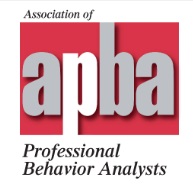
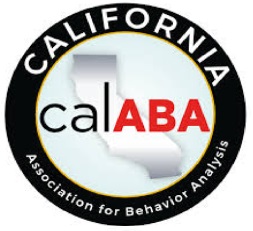
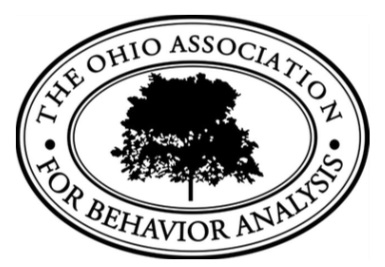
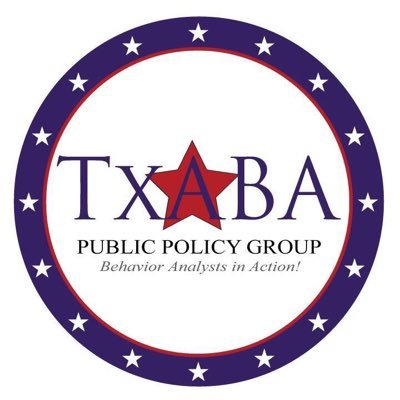
A sample of the Applied Behavior Analysis Associations we participate with
